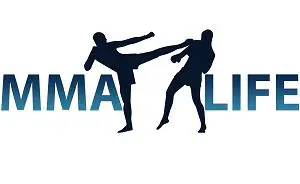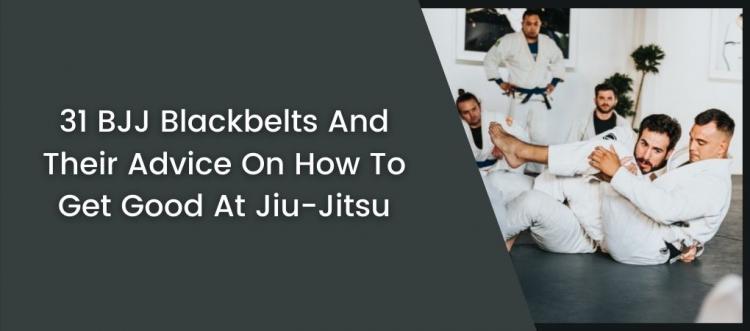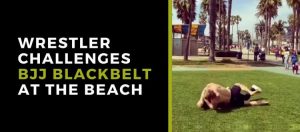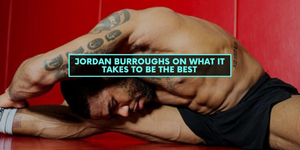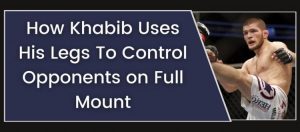Every jiu-jitsu practitioner wants to get good at jiu-jitsu. You want to be able to learn, train, and spar with the hopes of one day actually realizing you’re pretty decent at jiu-jitsu. Well, it is easier said than done, that’s for sure!
Don’t worry, we got you covered. We are here to present you with a list of 31 BJJ black belts and their advice on how to get good at Jiu-jitsu.
These tips are either direct quotes or paraphrased directly from primary sources (the black belts themselves).
1. Andre Galvao on drilling vs. sparring for white belts
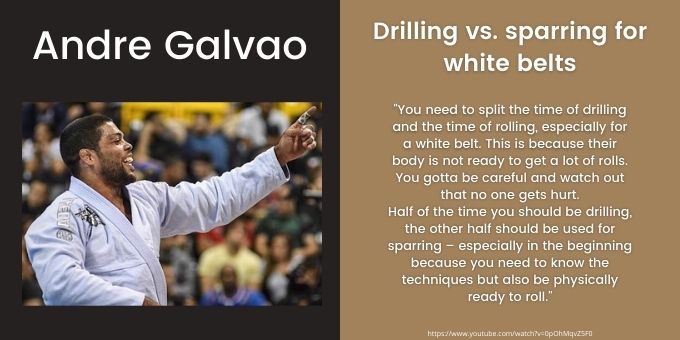
You need to split the time of drilling and the time of rolling, especially for a white belt. This is because their body is not ready to get a lot of rolls. You gotta be careful and watch out that no one gets hurt.

Half of the time you should be drilling, the other half should be used for sparring – especially in the beginning because you need to know the techniques but also be physically ready to roll.
2. Jocko Willink on the three types of people you should roll with to get better
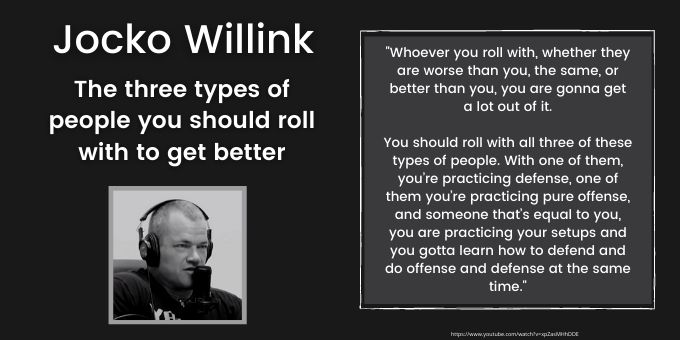
Whoever you roll with, whether they are worse than you, the same, or better than you, you are gonna get a lot out of it.
You should roll with all three of these types of people. With one of them, you’re practicing defense, one of them you’re practicing pure offense, and someone that’s equal to you, you are practicing your setups and you gotta learn how to defend and do offense and defense at the same time.
3. Gordon Ryan on what to learn from white to blue belt
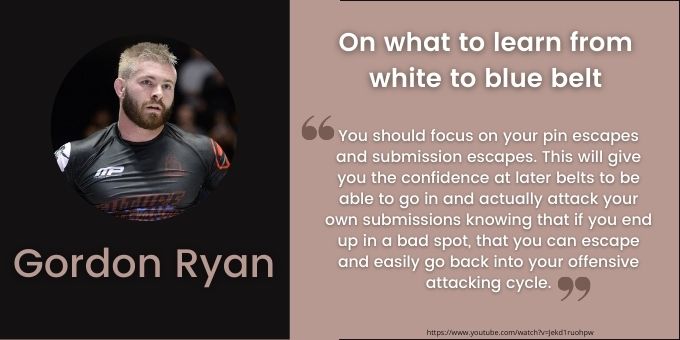
You should focus on your pin escapes and submission escapes. This will give you the confidence at later belts to be able to go in and actually attack your own submissions knowing that if you end up in a bad spot, that you can escape and easily go back into your offensive attacking cycle.
4. Marcelo Garcia on training frequency
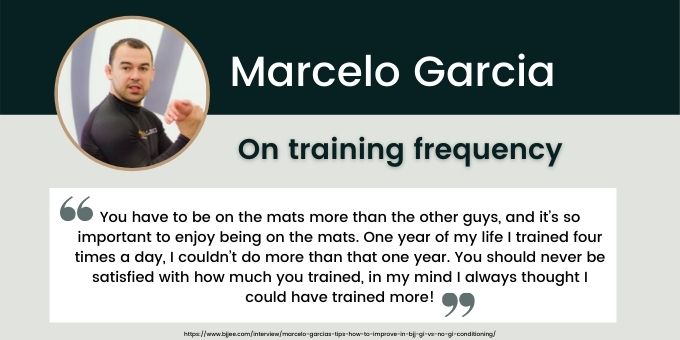
You have to be on the mats more than the other guys, and it’s so important to enjoy being on the mats. One year of my life I trained four times a day, I couldn’t do more than that one year. You should never be satisfied with how much you trained, in my mind I always thought I could have trained more!
5. Firas Zahabi on advice for BJJ White belts
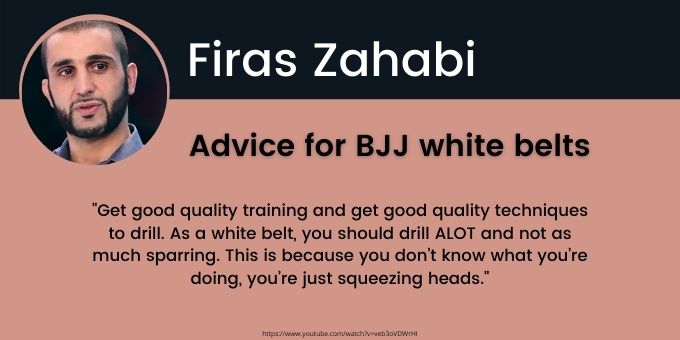
Get good quality training and get good quality techniques to drill. As a white belt, you should drill ALOT and not as much sparring. This is because you don’t know what you’re doing, you’re just squeezing heads.
6. Rickson Gracie on how to train and roll to get better
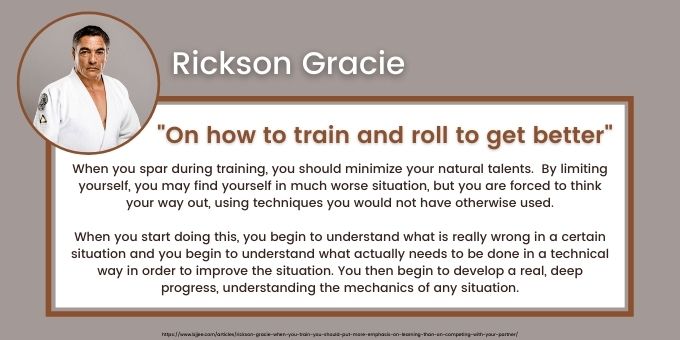
When you spar during training, you should minimize your natural talents. By limiting yourself, you may find yourself in a much worse situation, but you are forced to think your way out, using techniques you would not have otherwise used.
When you start doing this, you begin to understand what is really wrong in a certain situation and you begin to understand what actually needs to be done in a technical way in order to improve the situation. You then begin to develop real, deep progress, understanding the mechanics of any situation.
7. Eddie Bravo on developing flexibility for BJJ
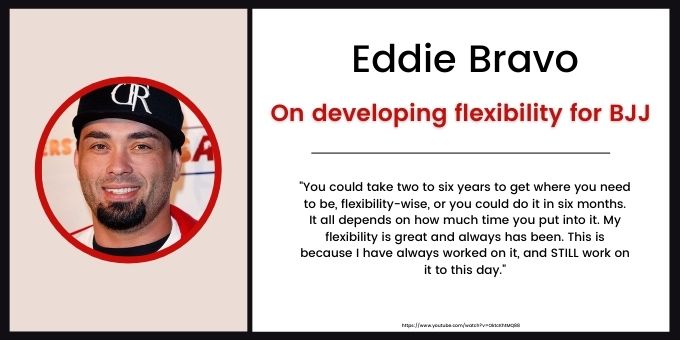
You could take two to six years to get where you need to be, flexibility-wise, or you could do it in six months. It all depends on how much time you put into it. My flexibility is great and always has been. This is because I have always worked on it, and STILL work on it to this day.
8. Caio Terra on work ethic and hard work
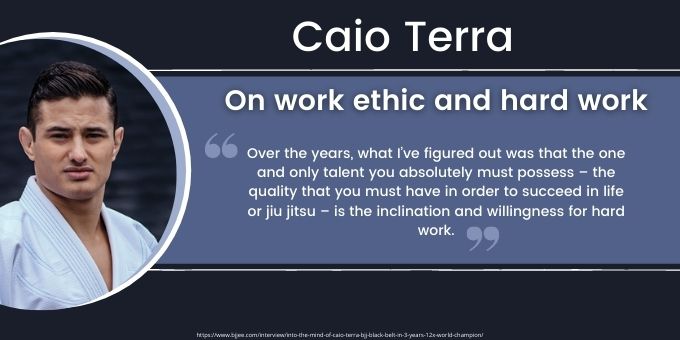
Over the years, what I’ve figured out was that the one and only talent you absolutely must possess – the quality that you must have in order to succeed in life or jiu-jitsu – is the inclination and willingness for hard work.
Jiu-jitsu is not an easy lifestyle, it is a difficult lifestyle. You must train when you’re sick and when you’re injured, you have to keep on studying the game… You must keep on training not just when tired, but when you’re completely fatigued as well. This is how you get better.
9. Cobrinha on developing a good guard
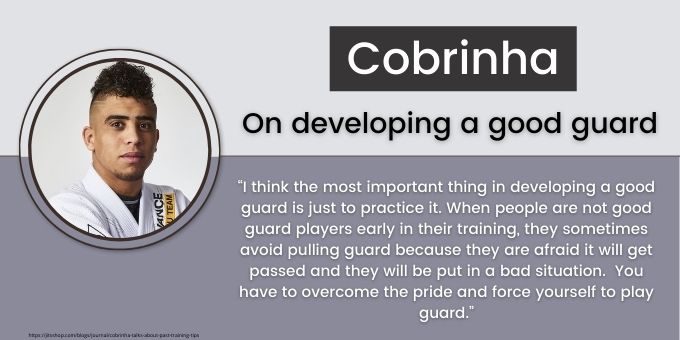
I think the most important thing in developing a good guard is just to practice it. When people are not good guard players early in their training, they sometimes avoid pulling guard because they are afraid it will get passed and they will be put in a bad situation. You have to overcome the pride and force yourself to play guard.
10. Rafael Lovato on taking notes
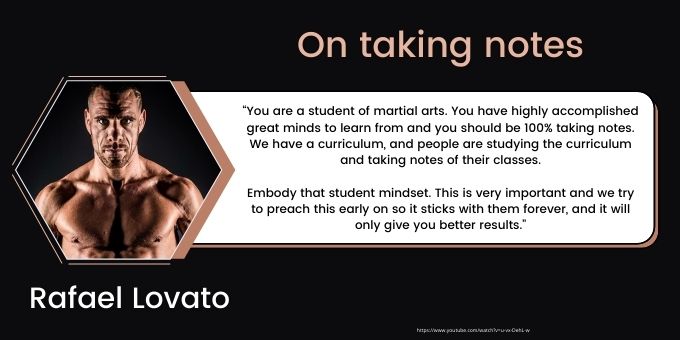
You are a student of martial arts. You have highly accomplished great minds to learn from and you should be 100% taking notes. We have a curriculum, and people are studying the curriculum and taking notes of their classes.
Embody that student mindset. This is very important and we try to preach this early on so it sticks with them forever, and it will only give you better results.
11. Damien Maia on Teaching and fighting
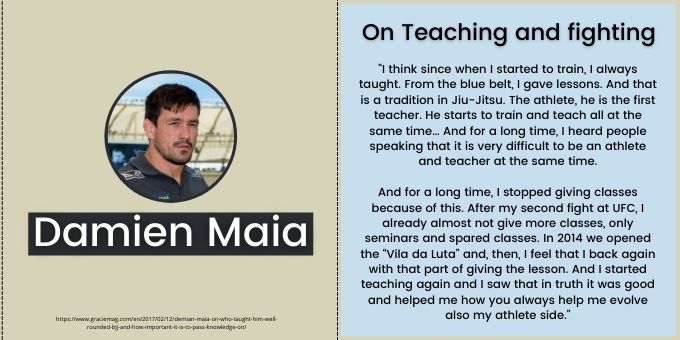
I think since when I started to train, I always taught. From the blue belt, I gave lessons. And that is a tradition in Jiu-Jitsu. The athlete, he is the first teacher. He starts to train and teach all at the same time… And for a long time, I heard people speaking that it is very difficult to be an athlete and teacher at the same time.
And for a long time, I stopped giving classes because of this. After my second fight at UFC, I already almost not give more classes, only seminars and spared classes. In 2014 we opened the “Vila da Luta” and, then, I feel that I back again with that part of giving the lesson. And I started teaching again and I saw that in truth it was good and helped me how you always help me evolve also my athlete side.
12. Joe Rogan on the recipe for getting good at BJJ
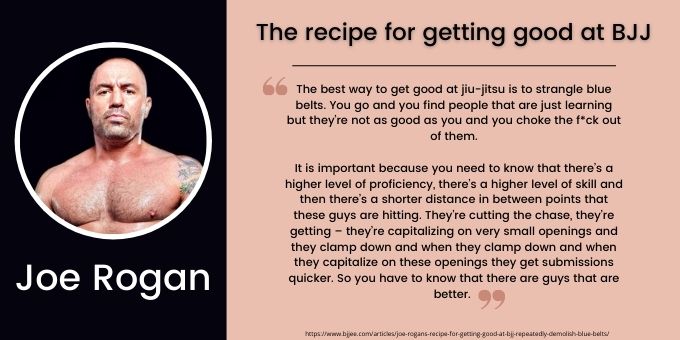
The best way to get good at jiu-jitsu is to strangle blue belts. You go and you find people that are just learning but they’re not as good as you and you choke the f*ck out of them.
It is important because you need to know that there’s a higher level of proficiency, there’s a higher level of skill and then there’s a shorter distance in between points that these guys are hitting. They’re cutting the chase, they’re getting – they’re capitalizing on very small openings and they clamp down and when they clamp down and when they capitalize on these openings they get submissions quicker. So you have to know that there are guys that are better.
13. BJ Penn on drilling
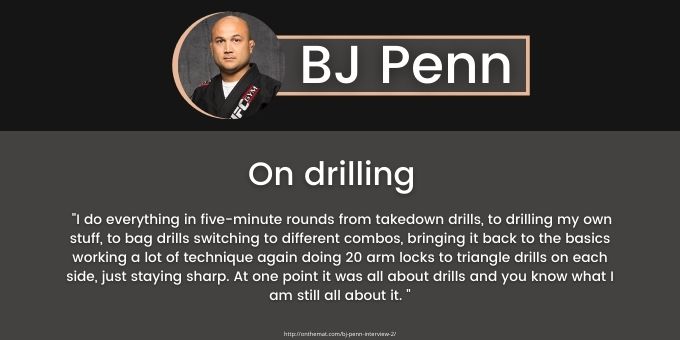
I do everything in five-minute rounds from takedown drills, to drilling my own stuff, to bag drills switching to different combos, bringing it back to the basics working a lot of technique again doing 20 arm locks to triangle drills on each side, just staying sharp. At one point it was all about drills and you know what I am still all about it.
14. Mackenzie Dern on competition
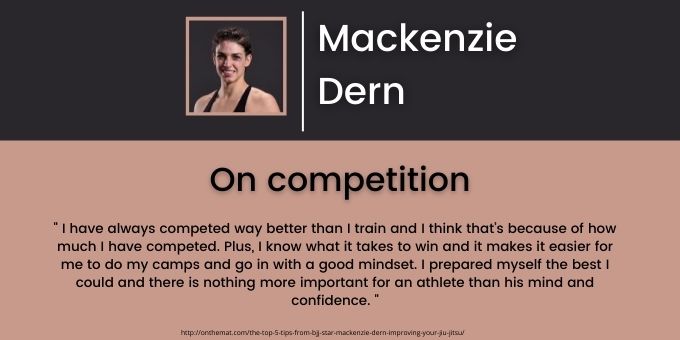
I have always competed way better than I train and I think that’s because of how much I have completed. Plus, I know what it takes to win and it makes it easier for me to do my camps and go in with a good mindset. I prepared myself the best I could and there is nothing more important for an athlete than his mind and confidence.
15. Roger Gracie on using your weight properly
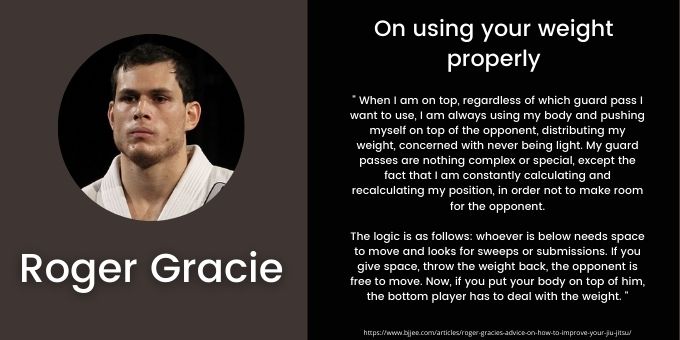
When I am on top, regardless of which guard pass I want to use, I am always using my body and pushing myself on top of the opponent, distributing my weight, concerned with never being light. My guard passes are nothing complex or special, except the fact that I am constantly calculating and recalculating my position, in order not to make room for the opponent.
The logic is as follows: whoever is below needs space to move and looks for sweeps or submissions. If you give space, throw the weight back, the opponent is free to move. Now, if you put your body on top of him, the bottom player has to deal with the weight.
16. Gui Mendes on developing your BJJ style
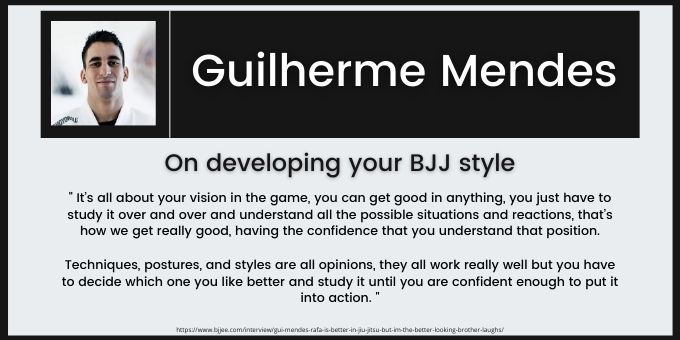
It’s all about your vision in the game, you can get good in anything, you just have to study it over and over and understand all the possible situations and reactions, that’s how we get really good, having the confidence that you understand that position.
Techniques, postures, and styles are all opinions, they all work really well but you have to decide which one you like better and study it until you are confident enough to put it into action.
17. Keenan Cornelius on advice for beginners
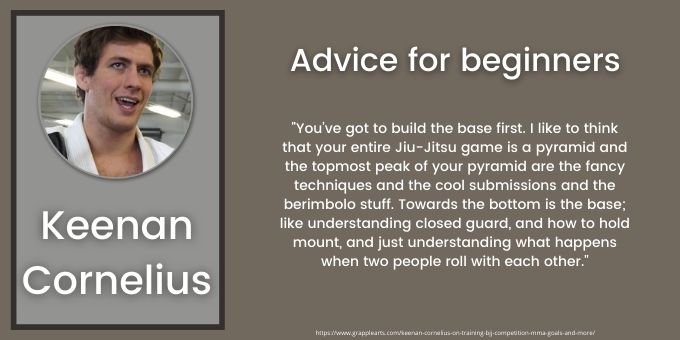
You’ve got to build the base first. I like to think that your entire Jiu-Jitsu game is a pyramid and the topmost peak of your pyramid are the fancy techniques and the cool submissions and the berimbolo stuff. Towards the bottom is the base; like understanding closed guard, and how to hold mount, and just understanding what happens when two people roll with each other.
18. Royce Gracie on training with limited time.
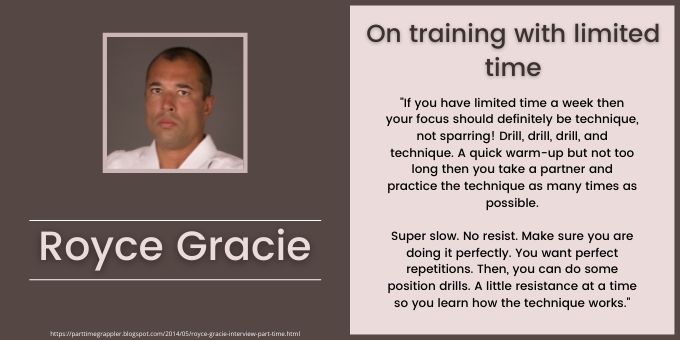
If you have limited time a week then your focus should definitely be technique, not sparring! Drill, drill, drill, and technique. A quick warm-up but not too long then you take a partner and practice the technique as many times as possible.
Super slow. No resist. Make sure you are doing it perfectly. You want perfect repetitions. Then, you can do some position drills. A little resistance at a time so you learn how the technique works.
19. JT Torres on speeding up progress thru studying
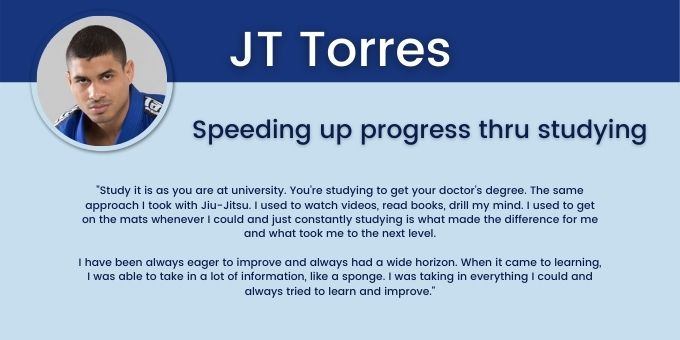
Study it is as you are at university. You’re studying to get your doctor’s degree. The same approach I took with Jiu-Jitsu. I used to watch videos, read books, drill my mind. I used to get on the mats whenever I could and just constantly studying is what made the difference for me and what took me to the next level.
I have been always eager to improve and always had a wide horizon. When it came to learning, I was able to take in a lot of information, like a sponge. I was taking in everything I could and always tried to learn and improve.
20. Nic Gregoriades on finding the right teacher
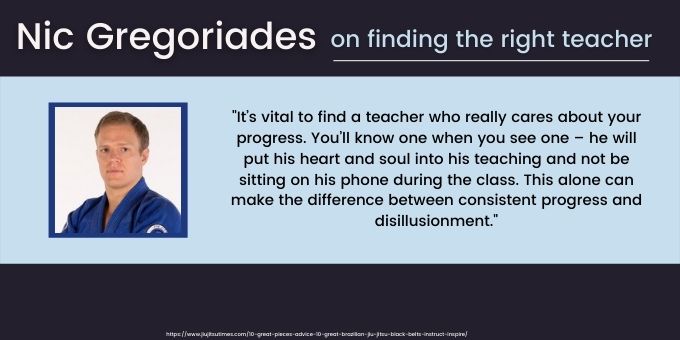
It’s vital to find a teacher who really cares about your progress. You’ll know one when you see one – he will put his heart and soul into his teaching and not be sitting on his phone during the class. This alone can make the difference between consistent progress and disillusionment.
21. Henry Akins on using strength and power
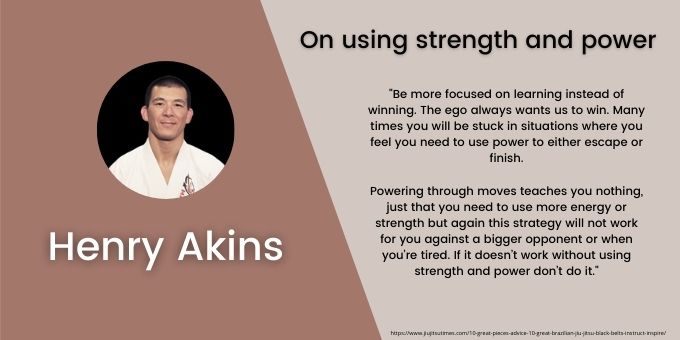
Be more focused on learning instead of winning. The ego always wants us to win. Many times you will be stuck in situations where you feel you need to use power to either escape or finish.
Powering through moves teaches you nothing, just that you need to use more energy or strength but again this strategy will not work for you against a bigger opponent or when you’re tired. If it doesn’t work without using strength and power don’t do it.
22. Tom DeBlass on competition training
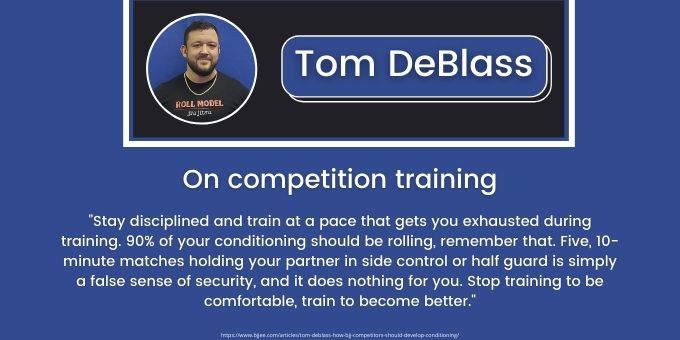
Stay disciplined and train at a pace that gets you exhausted during training. 90% of your conditioning should be rolling, remember that. Five, 10-minute matches holding your partner in side control or half guard is simply a false sense of security, and it does nothing for you. Stop training to be comfortable, train to become better.
23. Bernanrdo Faria on developing a good half guard at lower levels
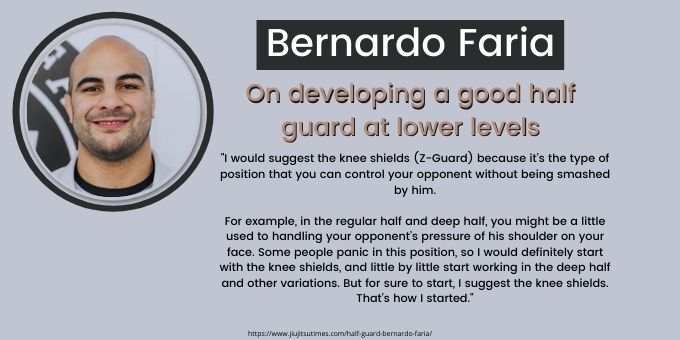
I would suggest the knee shields (Z-Guard) because it’s the type of position that you can control your opponent without being smashed by him.
For example, in the regular half and deep half, you might be a little used to handling your opponent’s pressure of his shoulder on your face. Some people panic in this position, so I would definitely start with the knee shields, and little by little start working in the deep half and other variations. But for sure to start, I suggest the knee shields. That’s how I started.
24. Clark Gracie on developing a specific game
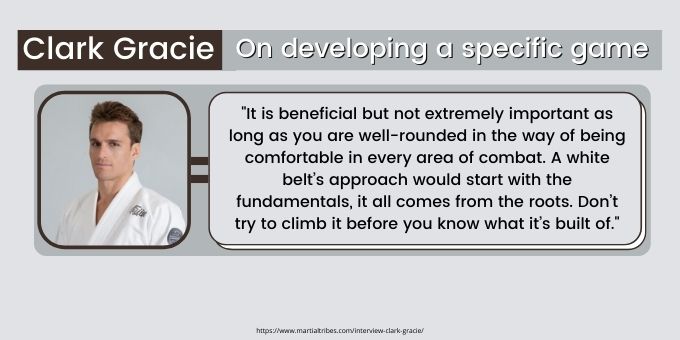
It is beneficial but not extremely important as long as you are well-rounded in the way of being comfortable in every area of combat. A white belt’s approach would start with the fundamentals, it all comes from the roots. Don’t try to climb it before you know what it’s built of.
25. Michelle Nicolini on tips for white belts
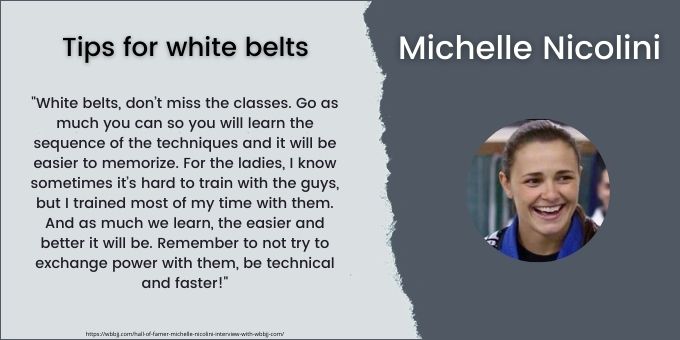
White belts, don’t miss the classes. Go as much you can so you will learn the sequence of the techniques and it will be easier to memorize. For the ladies, I know sometimes it’s hard to train with the guys, but I trained most of my time with them. And as much we learn, the easier and better it will be. Remember to not try to exchange power with them, be technical and faster!
26. Lachlan Giles on improving your BJJ faster
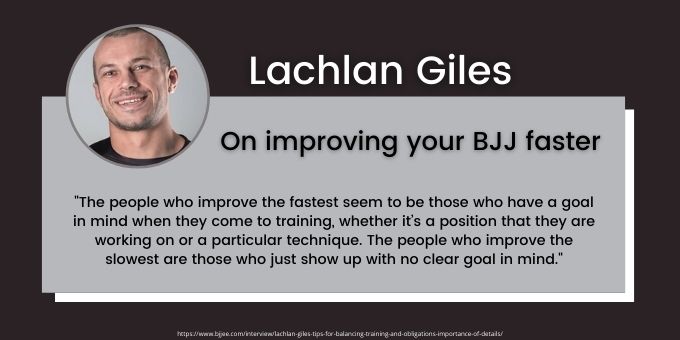
The people who improve the fastest seem to be those who have a goal in mind when they come to training, whether it’s a position that they are working on or a particular technique. The people who improve the slowest are those who just show up with no clear goal in mind.
27. Ryan Hall on creating a system for training
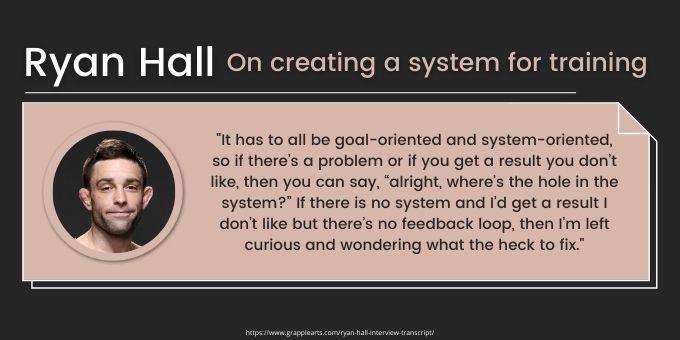
It has to all be goal-oriented and system-oriented, so if there’s a problem or if you get a result you don’t like, then you can say, “alright, where’s the hole in the system?” If there is no system and I’d get a result I don’t like but there’s no feedback loop, then I’m left curious and wondering what the heck to fix.
28. Leticia Ribiero on advice for women training BJJ
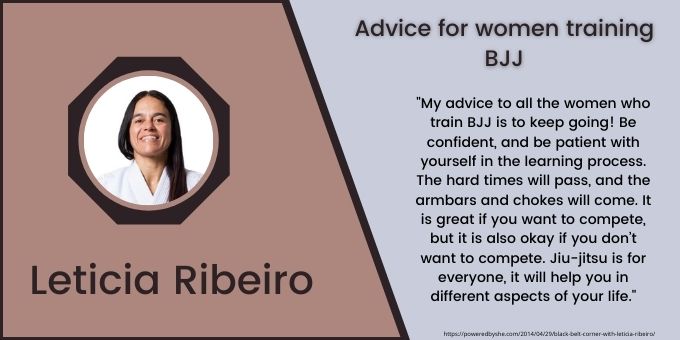
My advice to all the women who train BJJ is to keep going! Be confident, and be patient with yourself in the learning process. The hard times will pass, and the armbars and chokes will come. It is great if you want to compete, but it is also okay if you don’t want to compete. Jiu-jitsu is for everyone, it will help you in different aspects of your life.
29. John Danaher on choosing training partners
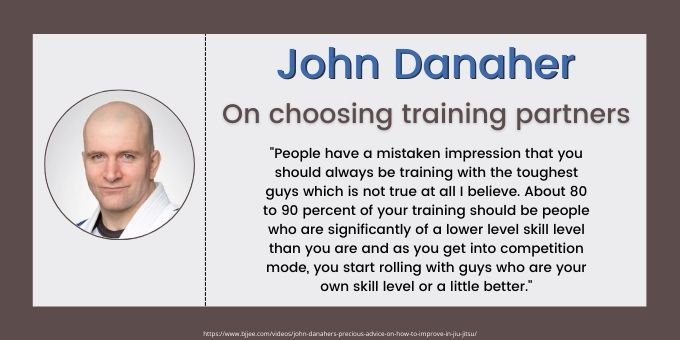
People have a mistaken impression that you should always be training with the toughest guys which is not true at all I believe. About 80 to 90 percent of your training should be people who are significantly of a lower level skill level than you are and as you get into competition mode, you start rolling with guys who are your own skill level or a little better.
30. Romulo Barral on teaching as a way to learn
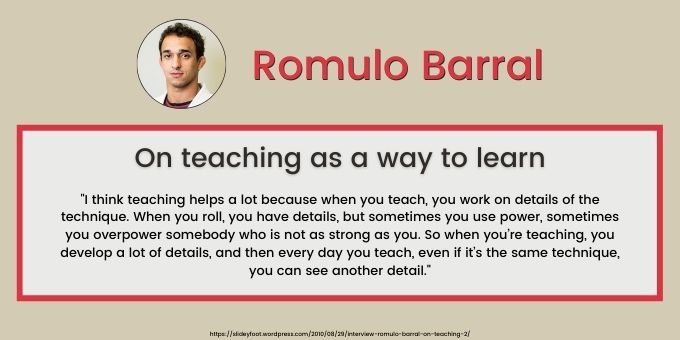
I think teaching helps a lot because when you teach, you work on details of the technique. When you roll, you have details, but sometimes you use power, sometimes you overpower somebody who is not as strong as you. So when you’re teaching, you develop a lot of details, and then every day you teach, even if it’s the same technique, you can see another detail.
31. Braulio Estima on Grip fighting
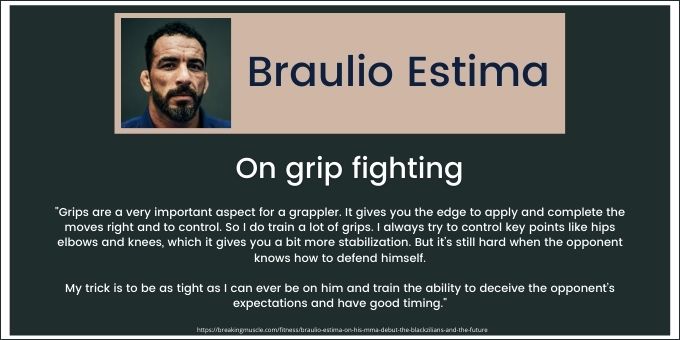
Grips are a very important aspect for a grappler. It gives you the edge to apply and complete the moves right and to control. So I do train a lot of grips. I always try to control key points like hips elbows and knees, which it gives you a bit more stabilization. But it’s still hard when the opponent knows how to defend himself.
My trick is to be as tight as I can ever be on him and train the ability to deceive the opponent’s expectations and have good timing.
